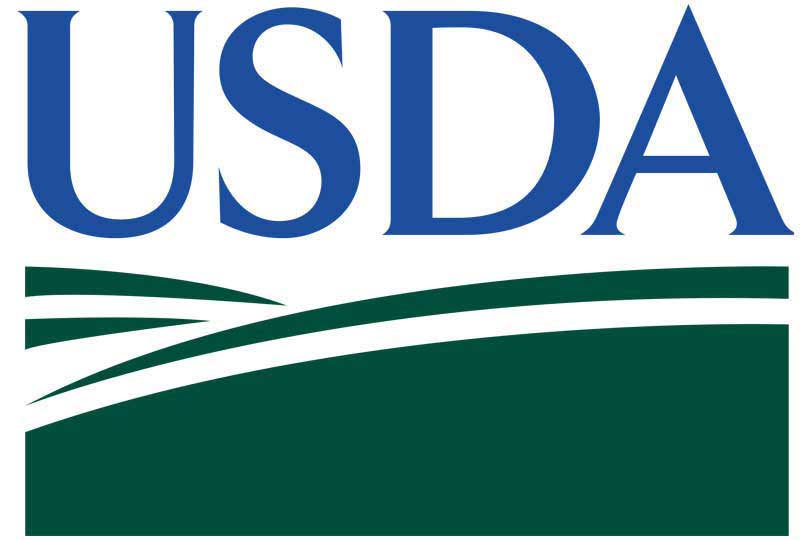By Justin Walker
Communications Specialist
The U.S. Department of Agriculture (USDA) is rolling out changes made in the 2018 Farm Bill to several Natural Resources Conservation Service (NRCS) programs.
NRCS announced Monday, May 6, the agency will expand the membership of State Technical Committees while strengthening technical input in conservation programs, among other changes.
The most notable change is enabling representatives from the state Cooperative Extension Service and land grant universities to serve on the state committee, which assists NRCS in locally-led conservation efforts.
“NRCS is committed to efficiently and effectively implementing the Farm Bill and delivering on our promise to America’s farmers, ranchers and forest landowners,” NRCS Chief Matthew Lohr said. “The rule we’re issuing today is a step toward strengthening and streamlining the services and programs that help conserve our nation’s resources on working lands.”
An interim final rule was published in the Federal Register, making all existing regulations consistent with 2018 Farm Bill changes.
NRCS will accept comments on the rule through July 5, 2019.
Other changes being implemented through the farm bill include:
- Waiving the requirement for certain duplicative or unnecessary watershed plans under the Watershed Protection and Flood Prevention Program, which authorizes NRCS to install watershed improvement measures to reduce flooding and advance conservation and proper utilization of land
- Expanding the purposes of the Healthy Forests Reserve Program to add: protection of at-risk species in conserving forest land, permanent easements as an enrollment option for Tribal lands and land identified as being in the greatest need to improve the well-being of a species
- Authorizing that certification of technical service providers be through a qualified non-federal entity
- Requiring that $3 million of the funds to implement the Voluntary Public Access and Habitat Incentive Program be used to encourage public access for hunting and other recreational activities on wetlands enrolled in the Agricultural Conservation Easement Program

